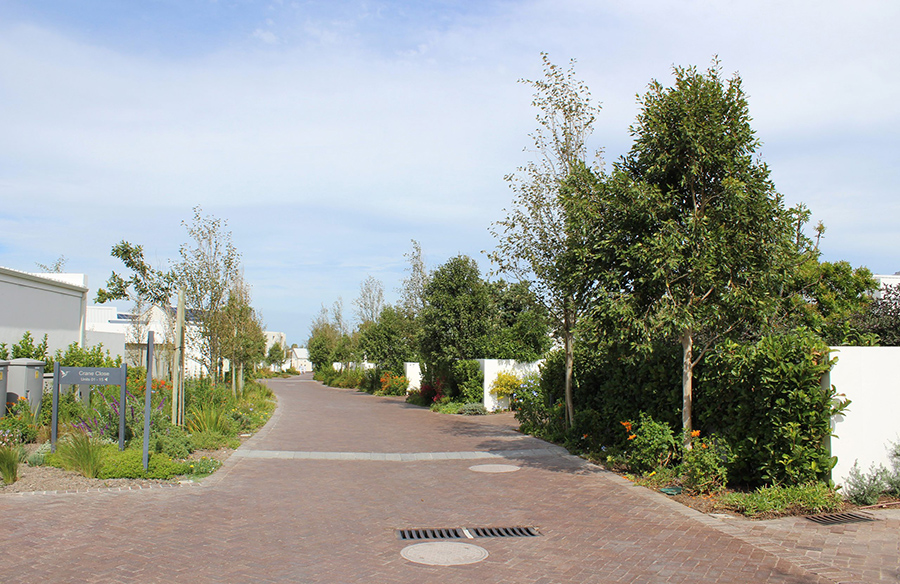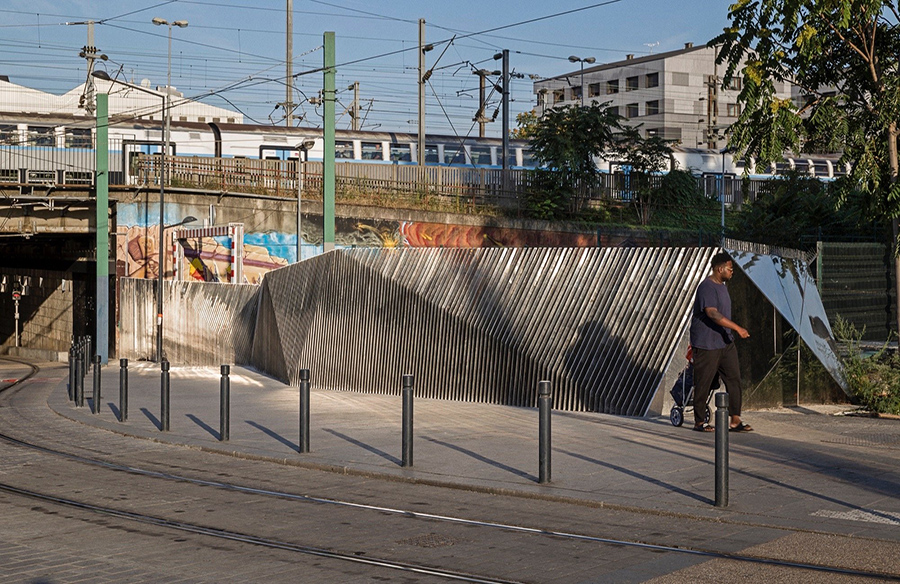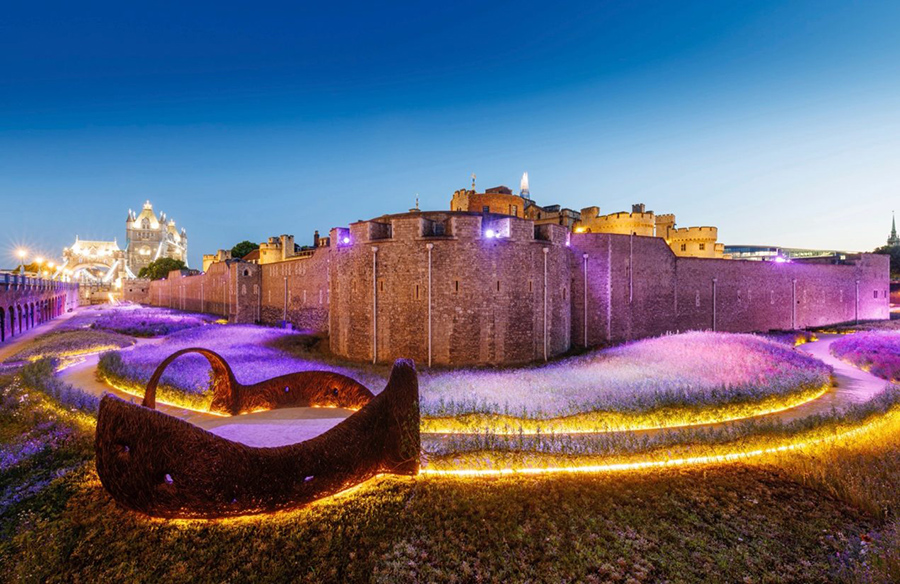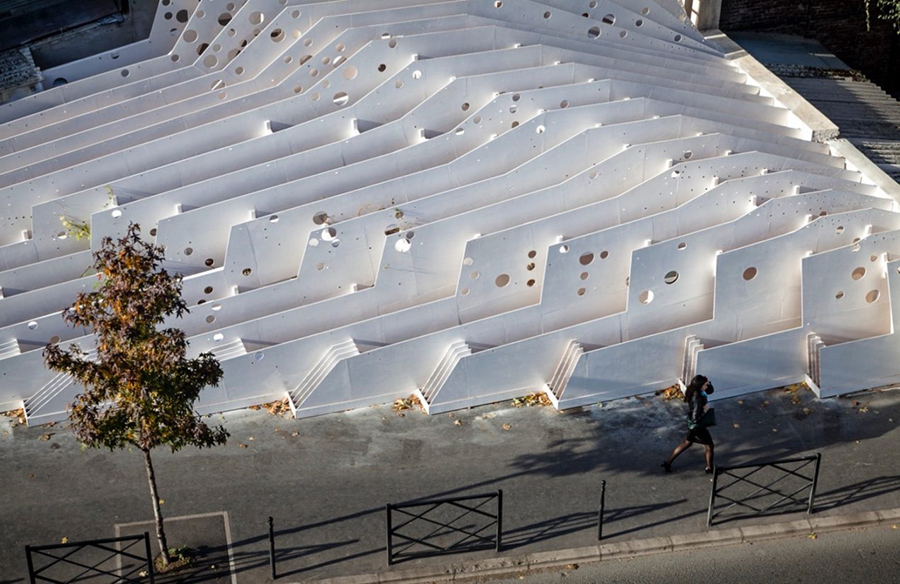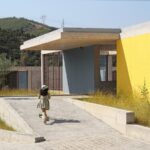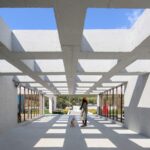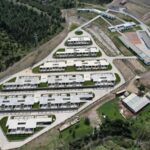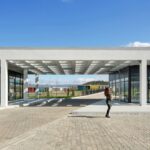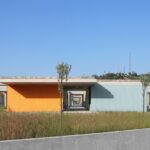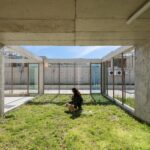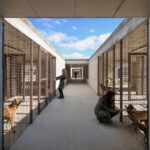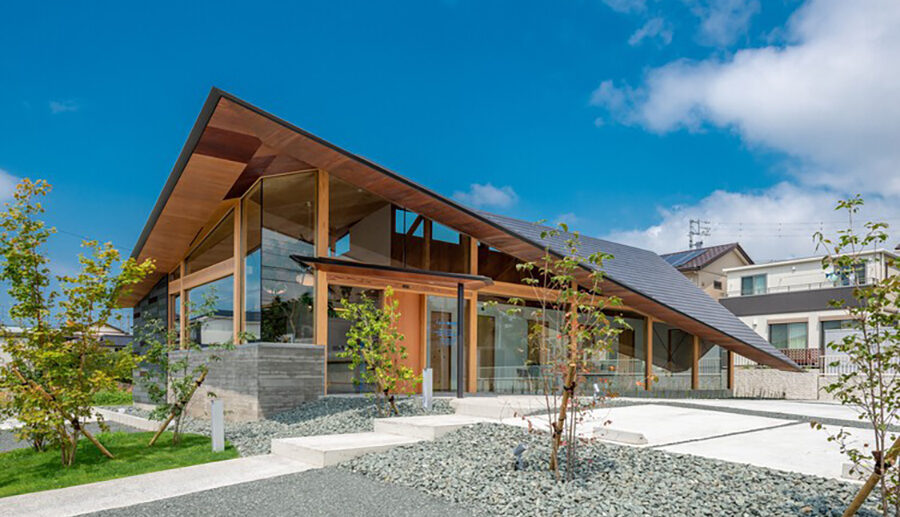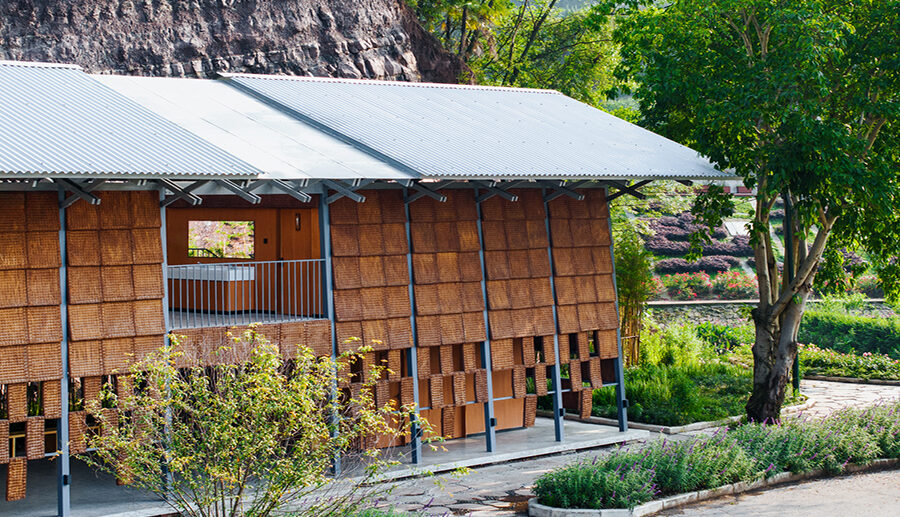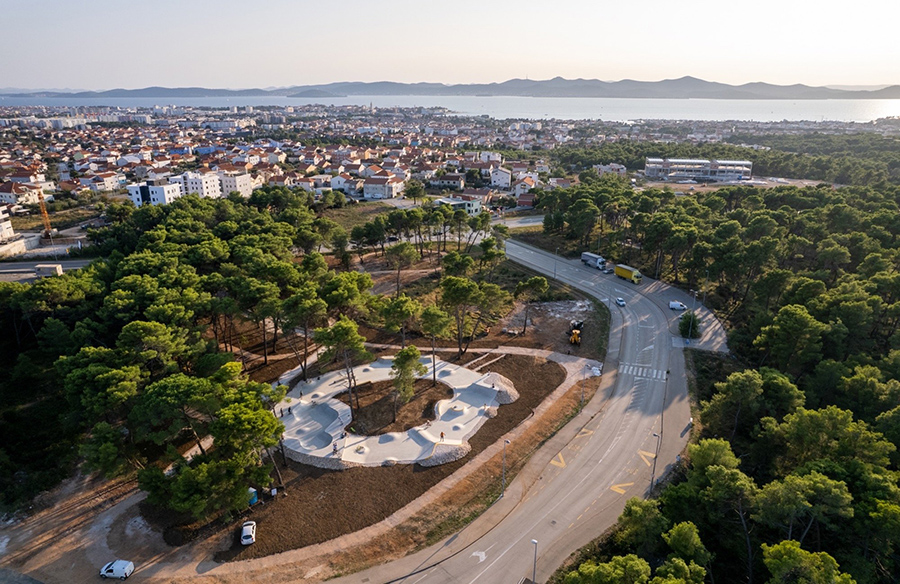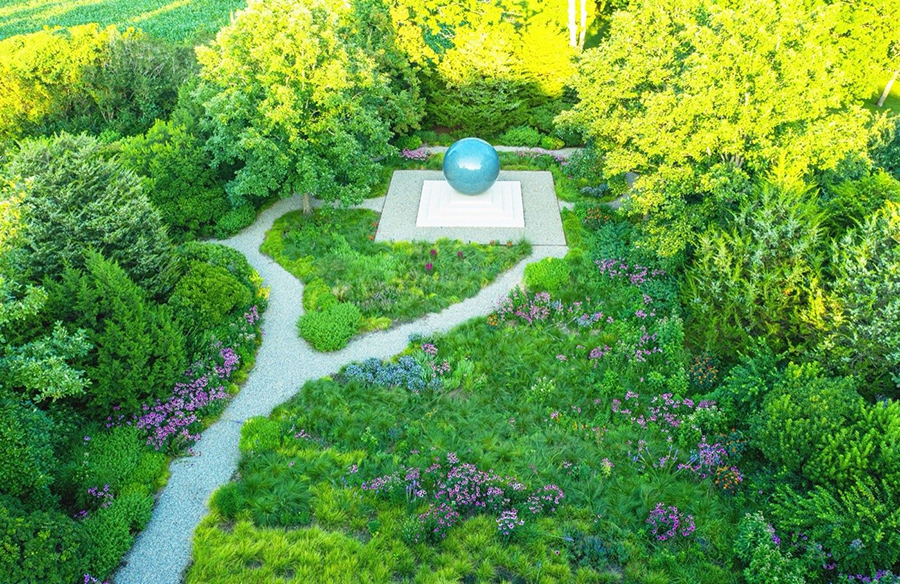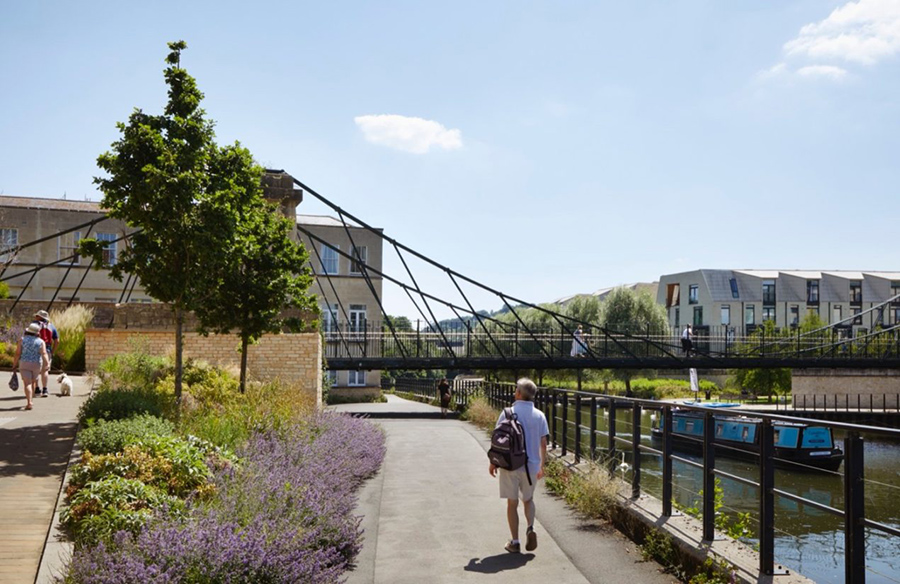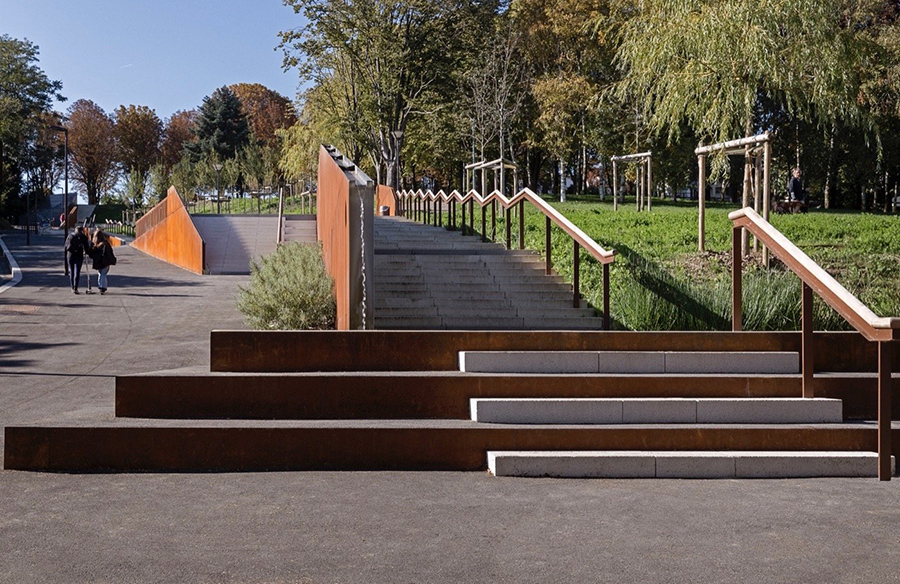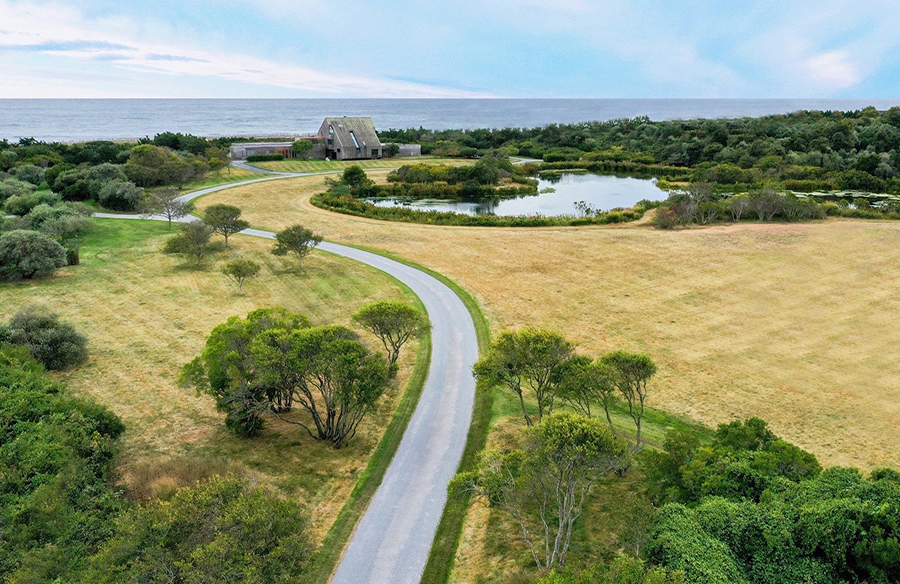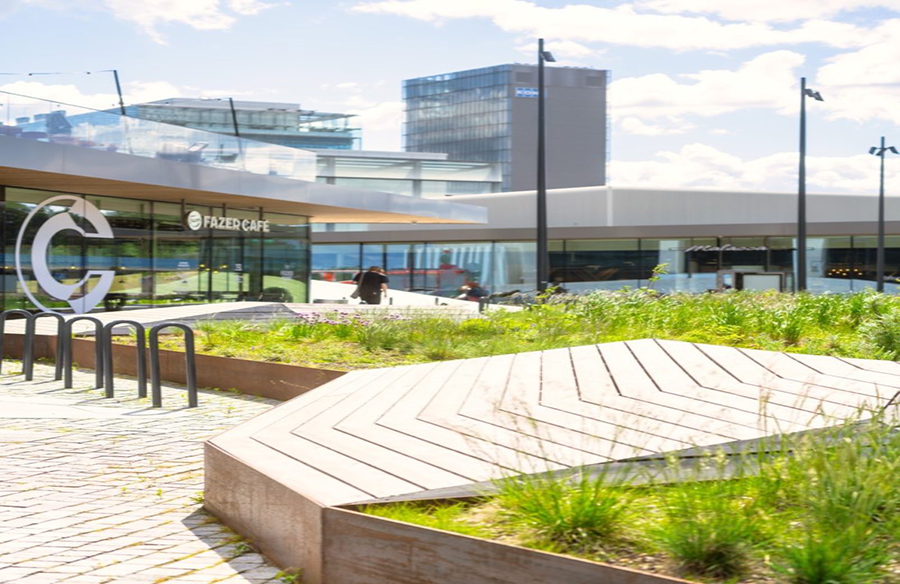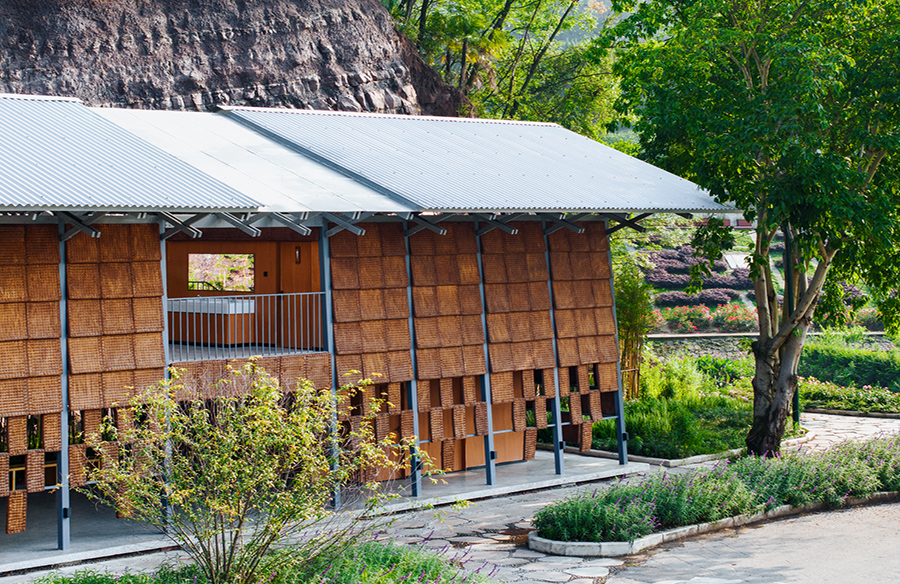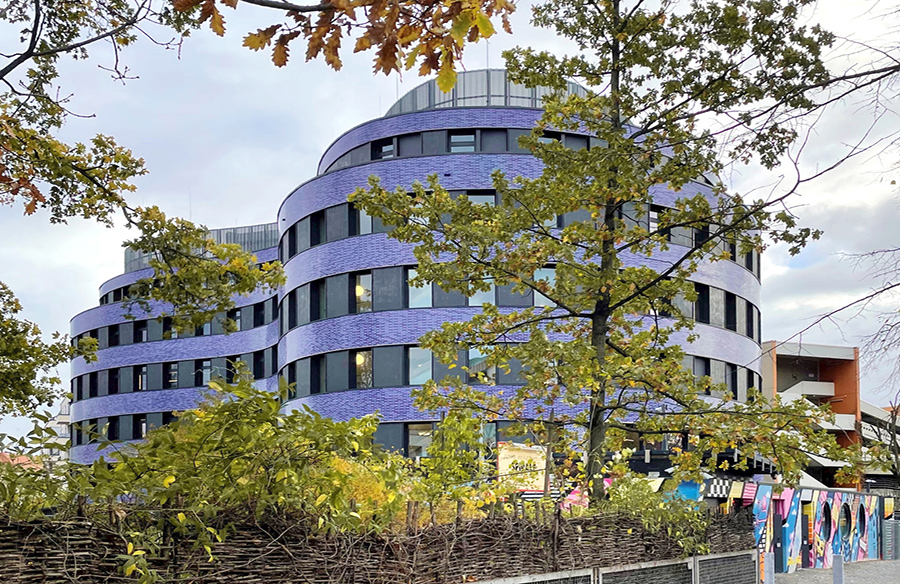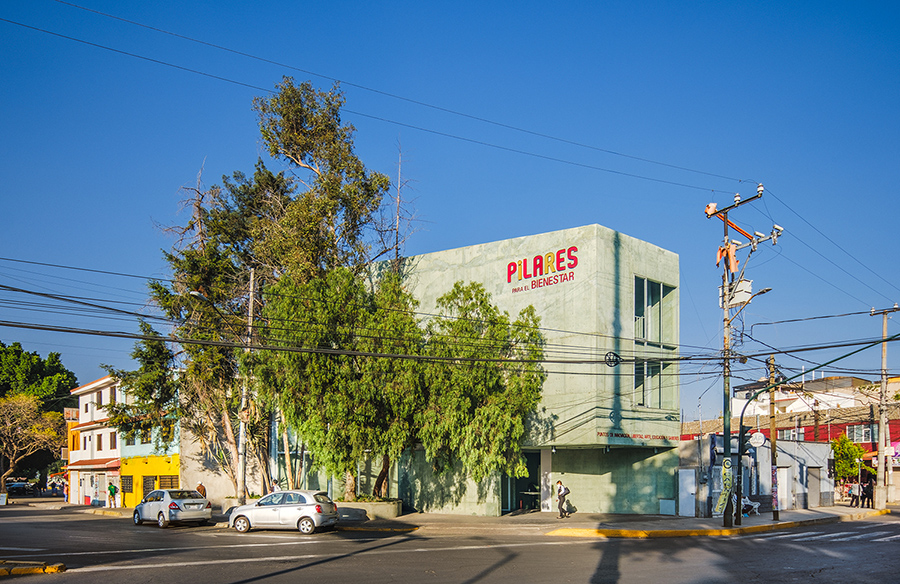Revolutionizing Animal Welfare: Pako Street Animal Social Life Campus
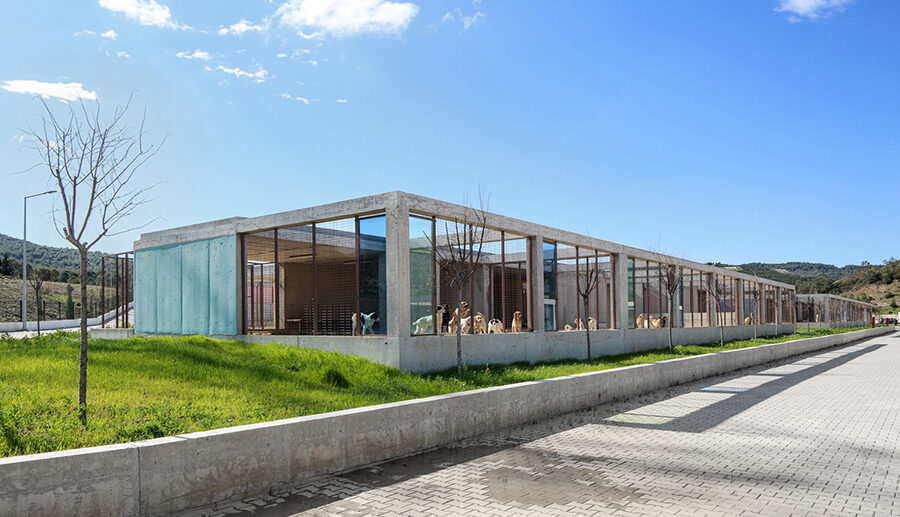
Innovative Approach to Animal Care
The Pako Street Animal Social Life Campus, located in the Gökdere district of Bornova, Izmir, introduces a pioneering model for the care and rehabilitation of stray animals. Departing from conventional approaches, this facility, spanning 110,000 m², is not merely a temporary shelter but an integrated center designed for the reciprocal rehabilitation of both humans and dogs. A groundbreaking initiative in Turkey, this campus seeks to redefine the interaction between animals and society, providing a unique space for families to engage in quality time while fostering the adoption of a humane perspective.

Strategic Spatial Arrangement
The campus strategically places shelters along the north and south edges, with a central zone housing an amphitheater, administrative units, and shelters for puppies and purebred dogs. Veterinary services, a quarantine unit, and a shelter for aggressive dogs find their place at the east end. Overcoming challenges faced by traditional shelters, the design prioritizes hygiene, security, accessibility, and green spaces. Open and comfortable areas, adorned with green and dirt zones, seamlessly integrate the project with the surrounding landscape.
Holistic Shelter Design
The shelter units form the foundation of the project, addressing crucial issues through spacious living quarters, ample natural light and ventilation, automatic watering systems, and soft scapes. Wire mesh screens along the façades enhance visual connections between visitors and dogs, promoting a sense of transparency and connection within the community.

Educational Initiatives and Human-Dog Interaction
To ensure the well-being of personnel, separate entrances are designed for accommodation spaces. Administrative areas include additional spaces for educational seminars and workshops on dog care and adoption. The facility extends its impact by welcoming specialized educational institutions working with disabled children, providing them with opportunities for rehabilitative human-dog interactions. Informative concrete walls offer essential details about resident dogs and their breeds, aiding potential adopters in making informed decisions.
Central Amphitheater: A Focal Point
The amphitheater, positioned at the heart of the complex, serves as the nucleus, inviting visitors to engage with dogs and fostering a sense of community. Visitors contemplating adoption can spend quality time interacting with the animals. The environmentally integrated design of the Pako Street Animal Social Life Campus not only adheres to all design parameters but also sets a precedent for future animal care facilities, aspiring to release treated animals back into their natural environment.
The Pako Street Animal Social Life Campus stands as a testament to the transformative potential of architecture in redefining societal relationships with stray animals, offering a humane and sustainable model for the future.
